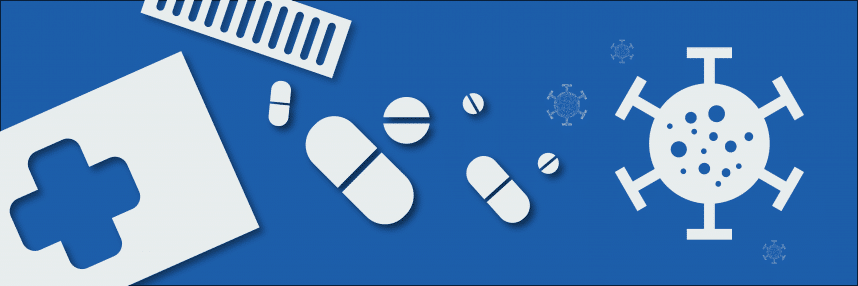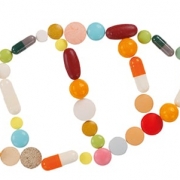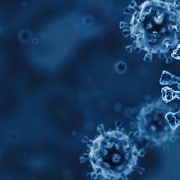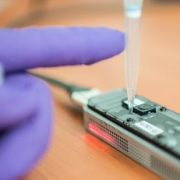Covid-19 contributes to antimicrobial resistance crisis
Covid-19 can’t be treated with antibiotics, so why are patients receiving them and what impact could this have on human health?
Recent research has indicated that up to 70% of people who have been diagnosed with Covid-19 have received antibiotics. This is contributing to the ongoing antimicrobial resistance crisis, which has been called a ‘silent pandemic’.
When bacteria ‘levels up’
Antimicrobial resistance (AMR) refers to the ability of bacteria and other pathogens to develop a resistance to drugs used to treat them when they cause infections.
Although it has had a lower profile in the past year due to the Covid-19 pandemic, AMR remains one of the most serious threats to human health. It was listed as a critical security threat in the government’s Integrated Review of Security, Defence, Development and Foreign Policy, published in March, and health secretary Matt Hancock included it when outlining his priorities for the UK’s G7 presidency.
“The silent pandemic of antimicrobial resistance, especially bacterial resistance will have consequences that are just as deadly as Covid-19, over a longer timeframe, if we don’t act now,” said Hancock. “If we do nothing, AMR will lead to 10 million deaths by 2050, at a cumulative financial cost to the global economy of 100 trillion dollars. Not only that, diseases that we can treat now could become untreatable in the future and modern medicine as we know it could cease to exist.”
Covid-19 and the crisis
Covid-19 is caused by a virus, meaning that antibiotics are not effective against it. However, research from the London School of Hygiene and Tropical Medicine suggests that up to 70% of Covid-19 patients receive antibiotics.
“The Covid-19 pandemic has led to an increased use of antibiotics, which ultimately will lead to higher bacterial resistance rates that will impact the burden of disease and deaths during the pandemic and beyond,” said World Health Organisation director-general Dr Tedros Adhanom Ghebreyesus.
Research indicates that where diagnostic testing is unavailable or where doctors have a limited choice of treatments, antibiotics may be prescribed because the illness cannot be differentiated from bacterial pneumonia. This issue is a global one, however. In countries with good testing regimens, the large numbers of people who have been hospitalised have been at risk of infections – especially those who have been intubated – and therefore legitimately require antibiotics.
Next steps: fighting resistance
There are three main approaches that can help to lessen the impact of AMR:
- Developing new antibiotic and antimicrobial therapies.
- Exercising careful stewardship over existing drugs.
- Developing and increasing participation in non-drug strategies to reduce the need for antibiotics.
The speed and accuracy with which vaccines were developed for Covid-19 opens up the possibility that vaccination could be used more widely against bacterial diseases, to reduce the burden on antibiotics.
The wider application of genomic sequencing to investigate pathogens also offers hope. University of Cambridge Professor Sharon Peacock, who led the COG-UK consortium for sequencing coronavirus samples, has suggested that the same infrastructure could be used to sequence strains of drug-resistant bacteria in the future:
“We have never applied sequencing to a single organism in this way. It’s unprecedented in terms of scale and has allowed us to really understand the evolution of an important pathogen in minute detail,” she said. “But we can’t go backwards now. Now that we’ve got the technology, we will apply it much more widely.”
This approach could help to inform and develop public health initiatives to contain the spread of resistant variants. It could also contribute to antibiotic stewardship by improving the chances of the correct antibiotic being administered first time – an approach already being used to help treat tuberculosis.
–









